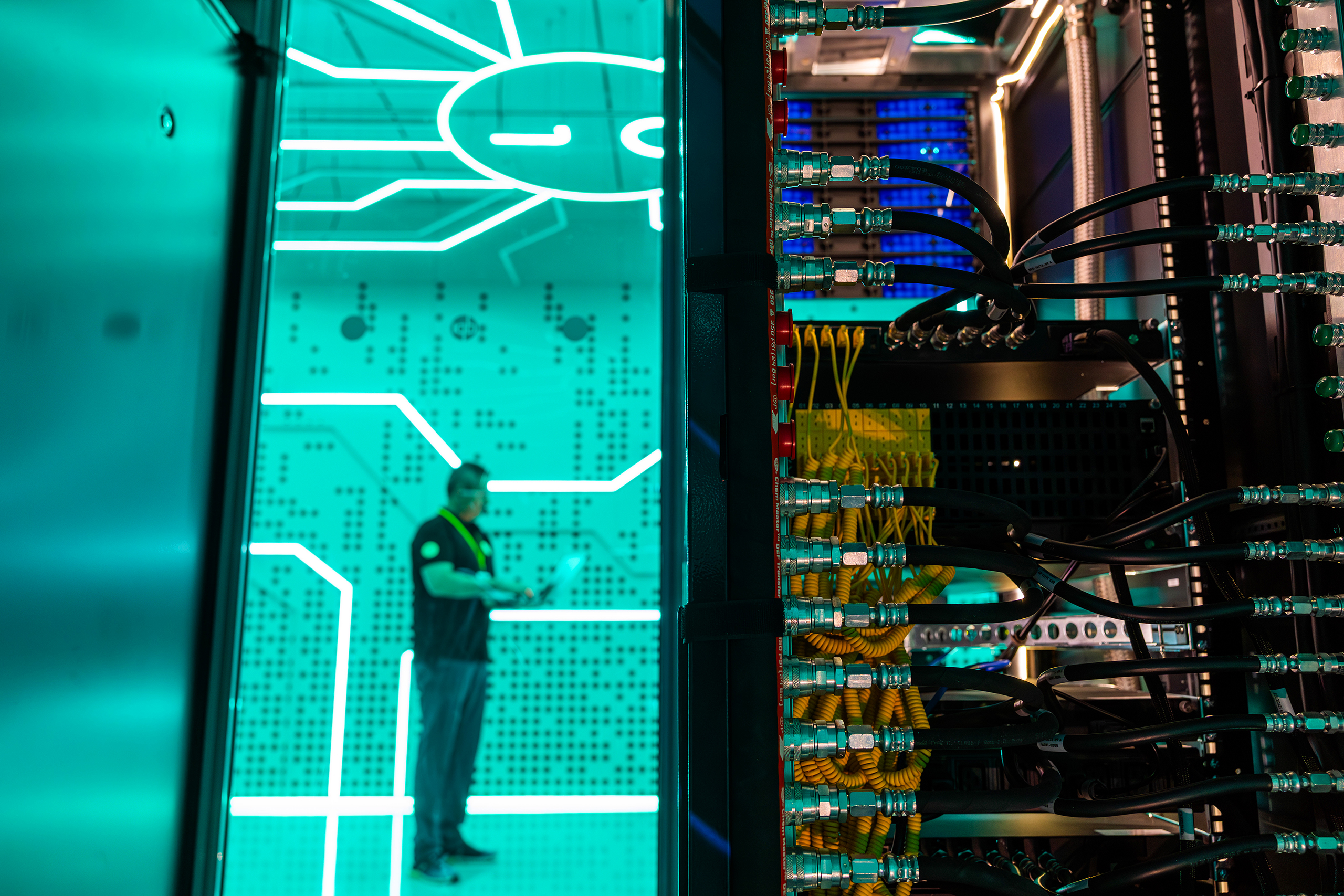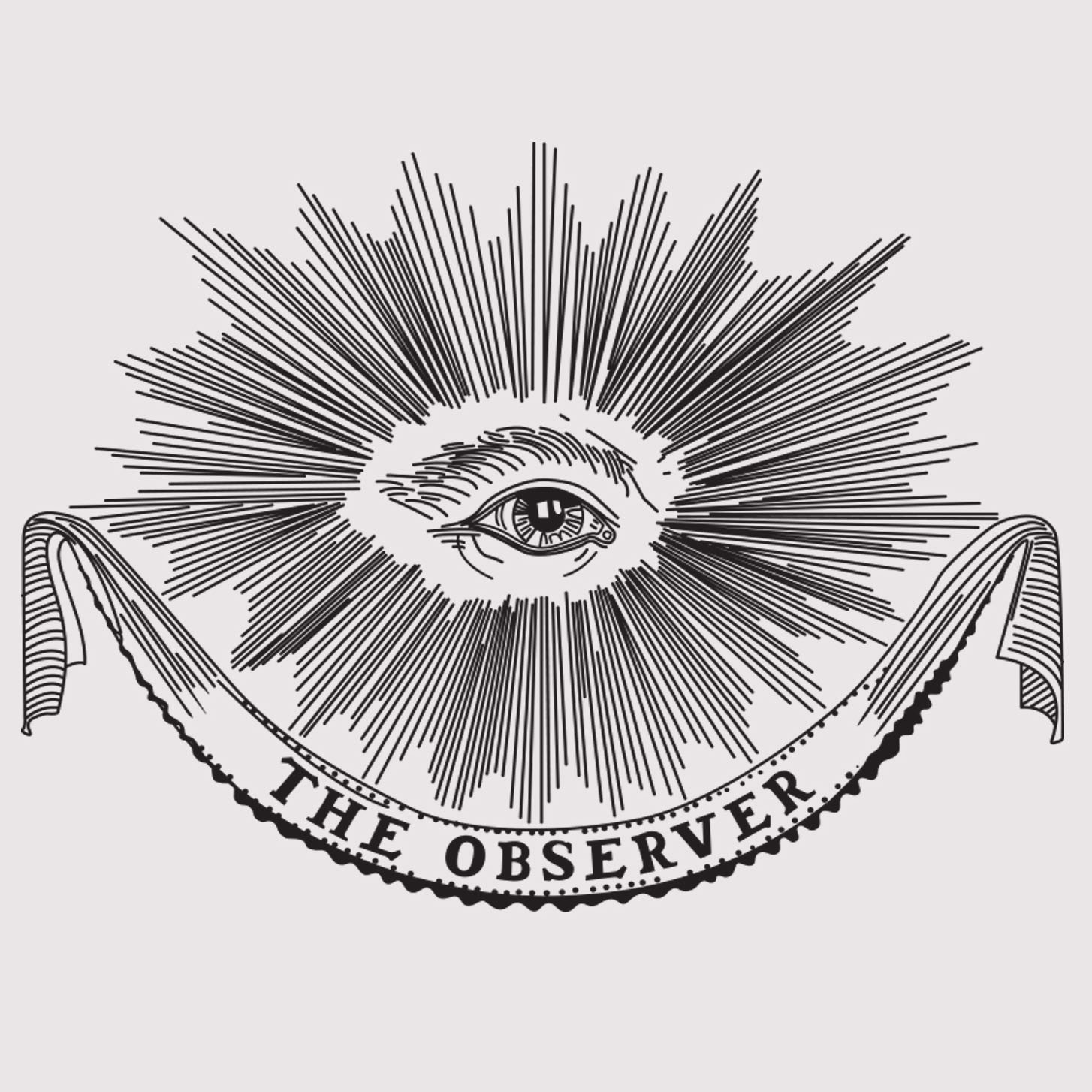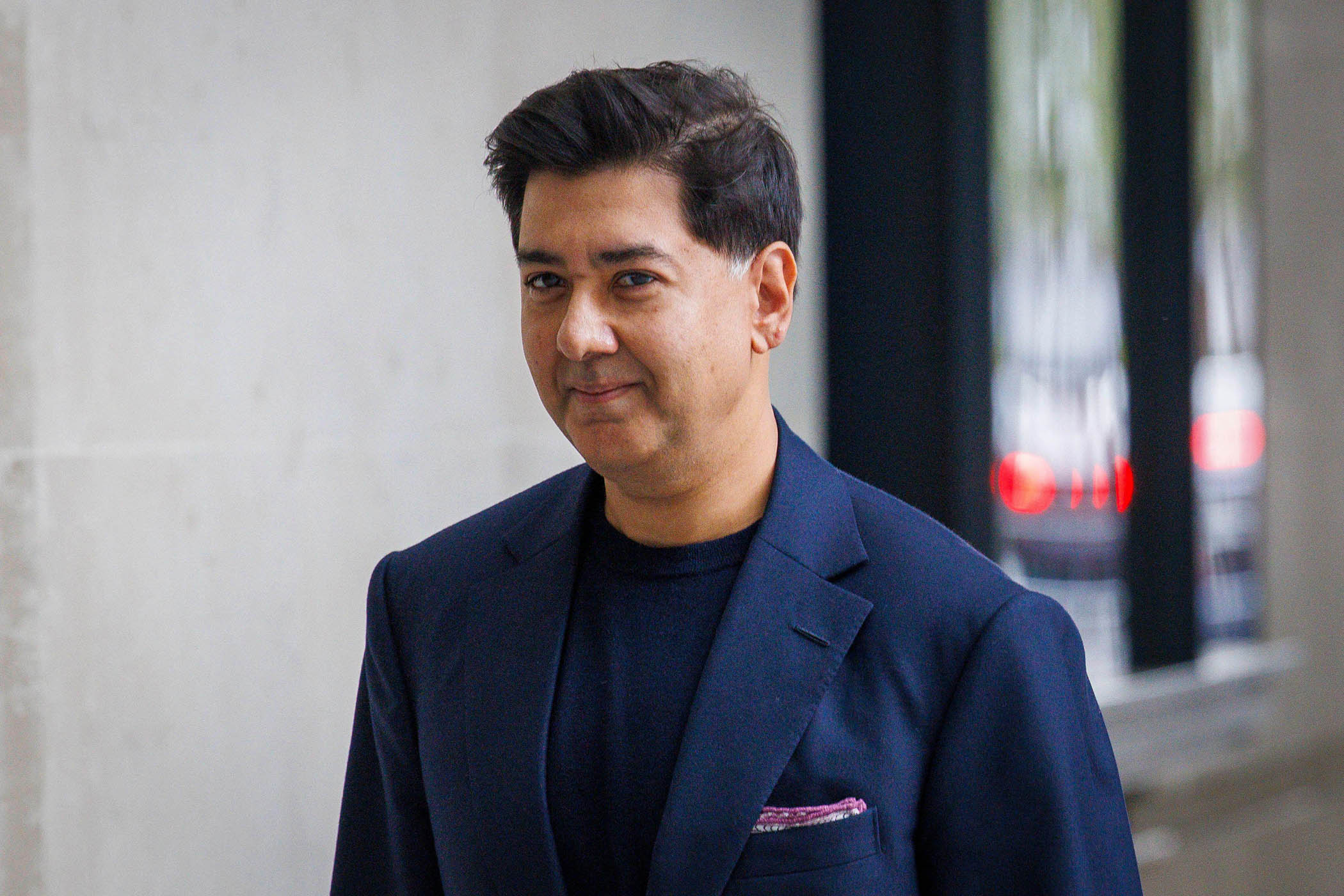You’ve just read five words. It didn’t take long. For the average person to read 5 trillion words, it would take around 38,000 years. This week, Nvidia, the leading manufacturer of AI chips, became the first company to be worth $5tn. That’s a lot – about 2.5m suitcases full of $100 bills. If money could speak, it would be saying: forget Donald Trump and tariff wars, the climate crisis and the Middle East, artificial intelligence is the defining story of our times.
This is not the first time that an industry (tulips) or an innovation (railways) has driven investors wild with excitement. But no company has increased in value at such speed. Nvidia was worth $4tn just four months ago. No company has been worth so much more than so many others. Nvidia is worth more than double all the companies in the FTSE 100 combined.
This is an unprecedented concentration of financial power. Nvidia has 36,000 employees, roughly equivalent to the population of Bury St Edmunds; its value is more than half the homes in the UK. It is not just that such a big company employs, relatively speaking, so few people, it is also deliberately building an oligopoly. Last month, Nvidia announced plans to invest $100bn in OpenAI, the developer of large language models that created ChatGPT.
The so-called hyperscalers – the big tech companies such as Meta, Google and Microsoft – are investing so much money in data centres, chips and AI infrastructure that they account for more than 90% of the growth in the US economy. (Without them, US growth would be practically flat.) The irony is that, while they are growth-drivers and wealth-creators, no group of businesses poses a greater threat to public confidence in capitalism. AI is a technology with the extraordinary ability to improve all our lives, yet it also casts doubt on the future of jobs, human creativity, national security, personal safety, truth and the rule of law.
It may or may not be a bubble. Nvidia’s share price is inflated by passive investment funds, which allocate money according to algorithms tracking the largest or fastest-growing stocks. Money follows the money. Currently, no other company produces AI chips as sophisticated and at the same scale of Nvidia – but competition tends to come along. Corrections happen. However, the stock price is not the story. AI is a challenge to the market economy, the global balance of power, human agency and democracy.
Related articles:
This is a general-purpose technology, one of those innovations, like the steam engine and electricity, that changes everything. Yet so far, neither politicians nor business leaders have reassuring answers for the questions AI raises. What happens to work? Even if AI creates jobs, what happens – as it did in the Industrial Revolution – when job creation lags behind job destruction? Can politics and the rule of law cope with the power of the hyper, hyper-rich? Can the economy in the age of AI work for people, and can democracy mend what it breaks? Most worryingly, this is a sequel. We are still witnessing the failure of governments to deal with the excesses of power and the toxic impact of social media companies and tech monopolies. Will governments once again prize the market over society and so fear inhibiting innovators that they act too late?
The US sees its lead in AI as a strategic advantage over China, critical to extending American American supremacy well into the 21st century. Faced with a choice between regulating or dominating the AI industry, the US is choosing the latter – power over safety. The UK, meanwhile, tends to overclaim its influence in the AI economy. When it comes to building AI infrastructure and chips, the country is little more than a buyer. The mistake is to think that Nvidia and the other tech giants are states. They are still companies. The British government does not have bargaining power, but it has the power of the law. The market might set the price; the government can, and must, set the rules.
Photograph by Jason Alden/Bloomberg/Getty Images



